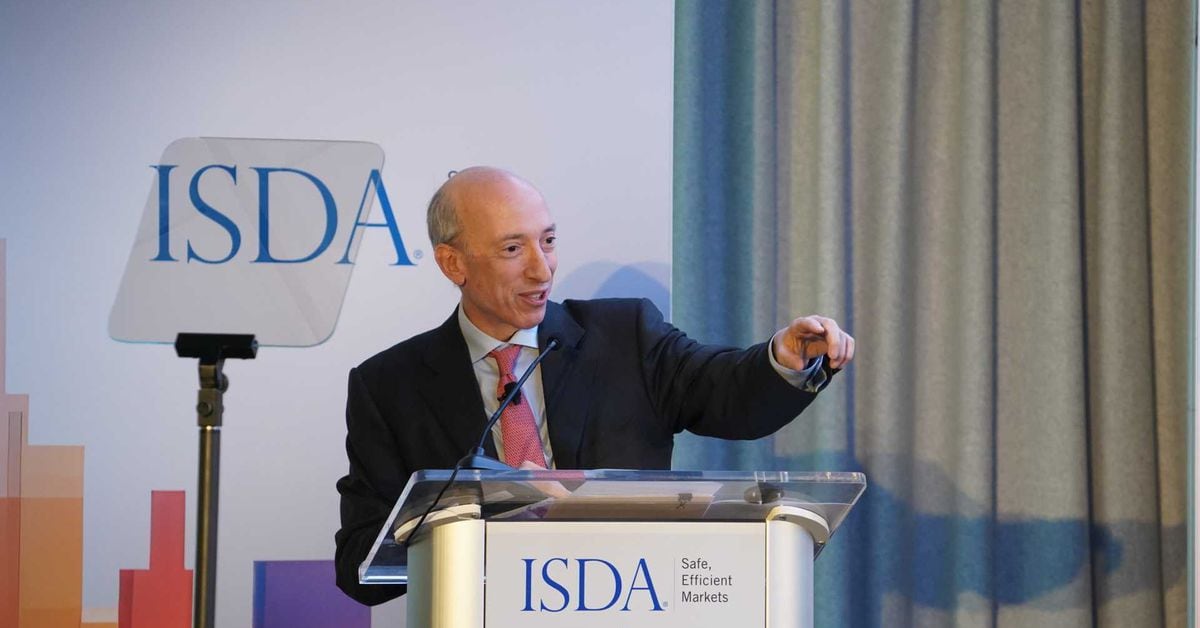Coinspeaker
Coinbase’s Legal Ploy Hits Wall as Judge Pushes Back on SEC Subpoena Efforts
The ongoing legal case between American crypto exchange Coinbase and the United States Securities and Exchange Commission (SEC) took a new turn on Thursday. Coinbase had been trying to subpoena the personal communications of the commission’s Chair Gary Gensler. However, their request was met with stiff opposition from SEC attorneys, with claims that the said communications have no relevance to the ongoing case.
During the Thursday hearing, however, Judge Katherine Polk Failla, of the District Court for the Southern District of New York, has now urged Coinbase to either drop or significantly alter the subpoena efforts.
Court Skepticism Over Coinbase Request for SEC Chair’s Communications
Judge Failla, who scheduled the hearing on short notice, stated that she was not the least bit impressed with Coinbase’s request targeting Gensler in his personal capacity. “I imagined that there was something I was missing,” she remarked, highlighting her disbelief over the nature of the subpoena.
Kevin Schwartz, a Coinbase representative, argued that Gensler’s communications were crucial to the case, particularly those preceding his tenure as SEC Chair. However, the judge remained unconvinced, citing that such documents might be inappropriate to the current proceedings.
Notably, Judge Failla’s line of reasoning resonates with that of Jorge Tenreiro, an SEC senior trial attorney who had previously held that Gensler’s pre-chair communications are not relevant to the case. At the time, Tenreiro argued that Gensler was neither a fact nor an expert witness. Therefore, giving in to Coinbase’s request may set a dangerous precedent for future cases.
Call for a Formal Motion to Compel
Despite her reservations, Judge Failla has been careful not to outrightly dismiss Coinbase’s efforts. Instead, she proposed that Coinbase file a formal motion to compel, allowing for a more detailed briefing from both parties. This approach, she suggested, would be more appropriate than proceeding with the SEC’s motion to trash the subpoena.
The dispute over the subpoena began when Coinbase initially sought the SEC’s documents in April. The exchange later expanded the request in June to include Gensler’s personal communications over a six-year span. However, the SEC responded with a letter to the court on June 28, condemning the request as an “improper intrusion” and urging that any subpoenas be directed at the agency, not individual employees.
In their July 3 response to the SEC’s objections, Coinbase’s lawyers maintained that such communications were critical to their defense. According to the legal team, these communications in question could offer insight into the regulatory landscape and public expectations. As Coinspeaker reported, Coinbase’s lawyers argued that the subpoena was a legitimate effort to gather evidence relevant to their case.
Without a doubt, the standoff between Coinbase and the SEC reflects what might be a growing tension between regulatory authorities and the fast-paced crypto industry. Should Coinbase succeed in its motion to compel, it might encourage other firms like itself to seek similar disclosures from top government officials. On the other hand, a decision in favor of the SEC would reinforce boundaries as it concerns what could and what could not be subpoenaed.
Coinbase’s Legal Ploy Hits Wall as Judge Pushes Back on SEC Subpoena Efforts





